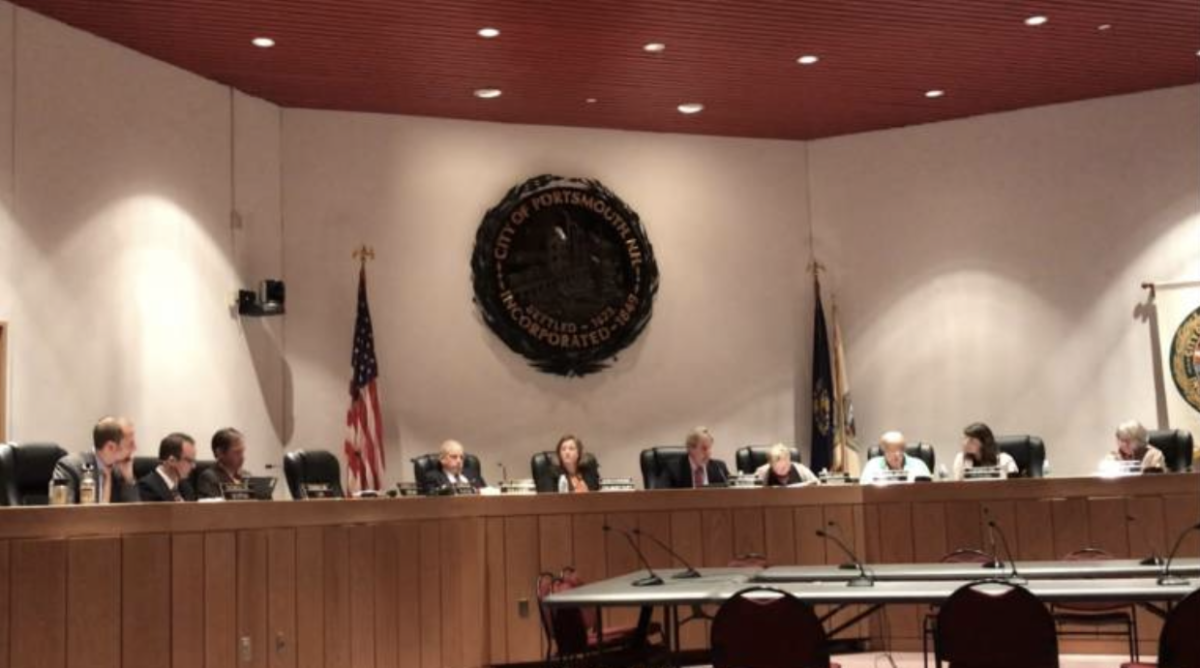
350NH is leading the campaign to register NH citizens’ opposition to the transportation of tar sands oil through the State by sponsoring resolutions to be voted on at town meetings.
The first step in this campaign is educating voters about the proposed use of the Portland – Montreal pipeline from Canada to Casco Bay in Maine. Presently the pipeline carries conventional oil from Casco Bay to Canada. There is a proposal to reverse the flow through
the pipeline to carry oil extracted from tars sands in Canada to Casco Bay for export. The pipeline is about the same age as the one which leaked last year in Mayflower, Arkansas.
Given all the publicity about the Keystone XL pipeline in the Midwest, many NH residents are surprised to learn about the possibility of the same toxic, corrosive tar sands proposed for Keystone being piped through Vermont, New Hampshire and Maine. 350NH members are highlighting a substantial difference between Keystone XL and the existing Montreal-Portland pipeline: the age of the pipeline. Keystone XL would be newly built, whereas the Montreal-Portland is 50 years old and not designed to carry tar sands oil.
Citizens petitions are being circulated in, Loudon, Jefferson, Gorham, Bath, Lancaster, Whitefield and Randolph, the second step needed to put a resolution against piping tar sands oil on town meeting warrants. A citizen’s petition has been completed in Exeter and the article made it through the deliberative session without amendment. It will be voted on by paper ballot on March 11. 350NH will be sponsoring educational opportunities, including slide shows, flyers, letters to the editor, and public demonstrations from now through the town meetings in March.
The results of town meeting votes affirming resolutions against the piping of tar sands oil across the State will be sent to relevant political, regulatory and corporate players.
If you live in any of the towns where this resolution will be brought to the voters, you can help! Email us at 350newhampshire@gmail.com. Non-residents of those towns can help by being present at public demonstrations and donating to 350NH to help us with printing and other costs.
Below is the text of the Jefferson Town Resolution
Petition to Keep New Hampshire Tar Sands Free
We, the undersigned voters of the Town of Jefferson, New Hampshire, request that you insert in the warrant for the 2014 Town Meeting, the following article:
To see if the Town will vote to instruct the Selectboard to enact the following resolution to protect citizen health, safety, and quality of life; water resources and environmental quality; and local, regional, and state economies with respect to the transport of crude oil through New Hampshire.
WHEREAS, 18” and 24” pipelines were constructed across northern New Hampshire in 1950 and 1985, respectively, to transport imported light crude oil from Portland, Maine, to Montreal, Quebec; and
WHEREAS, present market conditions have substantially reduced demand for transporting imported light crude oil inland from the Atlantic coast; and
WHEREAS, abundant production of heavy crude and tar sands oil in western North America has created a market for transportation of these oils to Atlantic ports; and
WHEREAS, these market conditions suggest that reversing the direction of flow on the above-mentioned pipelines could become economically profitable for corporations in the foreseeable future; and
WHEREAS, spills of diluted tar sands oil create more costly and difficult clean-up challenges than conventional oil spills, including public health risks from toxic fumes and long-term water and riverbed contamination from sunken oil; and
WHEREAS, a significant spill of any petroleum product along the pipeline Right-of-Way in New Hampshire would have a devastating effect on the economy and environment of Jefferson, including property values, business, tourism, recreation, hunting and fishing; and
WHEREAS, pipeline age and the hydraulic stresses resulting from reversal of flow can contribute to the likelihood of a spill; and
WHEREAS, existing technologies and practices for inspecting pipeline integrity have failed to prevent catastrophic pipeline failures;
NOW, THEREFORE, BE IT RESOLVED:
1. That the Town expresses its opposition to the transport of tar sands oil through New Hampshire and the Town of Jefferson and its deep concern about the economic, environmental, and public health risks of such transport; and
2. That the Town strongly encourages the New Hampshire General Court and the U.S. Congress to take all reasonable steps to ensure that any proposed flow reversal of the Portland-Montreal pipeline receives thorough review at both state and federal levels of economic, environmental, and public health and safety impacts, including the impact of spills; and
3. That the Town transmit a copy of this resolution to all relevant state, federal, and other pertinent entities.











